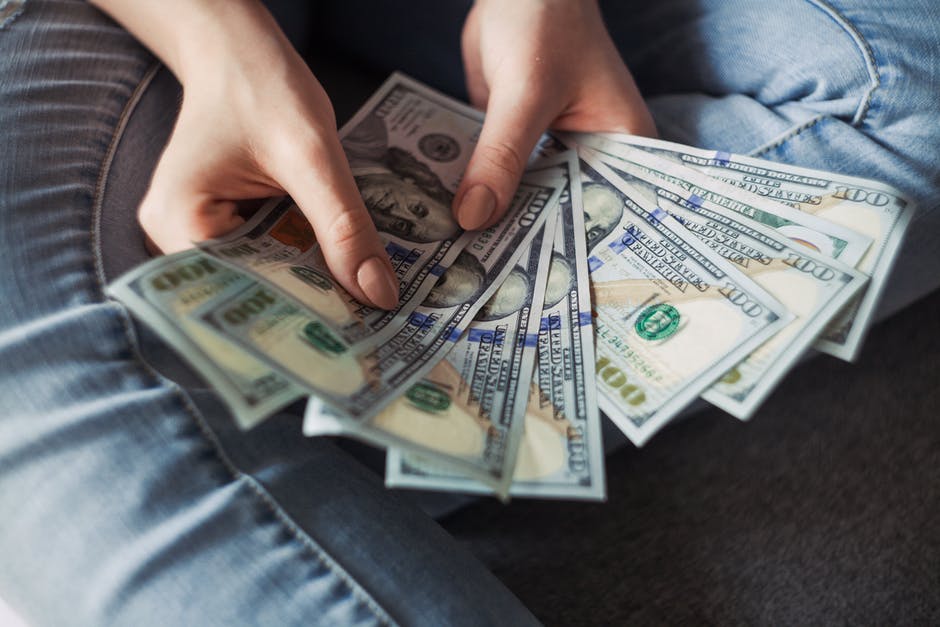
Student loan debt in the U.S has now surpassed credit card and auto debt as well as increased to an outstanding balance of $1.5 Trillion over the past decade.
According to the Education Department, 10% of student loan borrowers default on their loans 3 years or less after starting repayments.
Entering student loan default will be a scary prospect for any borrower but luckily defaulting on student loan debts does not have to be the end of your financial well being.
Keep reading to know what your options are if you default on your student loans.
What is Student Loan Default?
Missing payments for the specific amount of days outlined in your student loan contract will result in a default. The length of time you’re allowed to miss payments will vary based on whether your loan is a private student loan or a federal student loan.
To be put into default you would have to stop making payments for a long period of time. For federal student loans, your loan will be put into default if you fail to make a payment for up to 9 months.
For a private student loan, you should review your loan contract and paperwork to know what amount of time without payment will result in a default. It usually takes less time with private loans to default compared to federal loans.
After missing payments on your loans, your outstanding balance will end up in collections. Once in collections, your remaining balance will be expected to be paid back immediately and in full.
Consequences to Student Loan Default
Some of the consequences mentioned in the Federal Student Aid website are:
- All of your unpaid balance including interest will be due immediately.
- You can no longer choose a payment plan for your loans and you are no longer eligible for pauses in payments due to hardship such as forbearance and deferment.
- You will not be able to attain federal student aid for any future academic enrollment.
- The default will be reported to credit bureaus, meaning that it will negatively impact your credit score and make it difficult to get credit cards, personal loans, business loans, houses, and vehicles.
- Tax refunds will be withheld and used to pay back your outstanding balance.
How do you get Student Loans out of Default?
You may be able to get out of default by settling the debt with the debt collection agency that has been contacting you. If you explain your current situation you may be able to negotiate to come to some sort of plan to reach a solution.
As you can see, even after student loan default there are options for getting back on track. The worst possible thing to do in this situation is to ignore the debt collectors and not communicate with your lender. If you need help dealing with debt, you might want to speak to a legal professional or a financial advisor.
Do you need more help with your finances and other important topics? Bookmark our site to read more soon.





